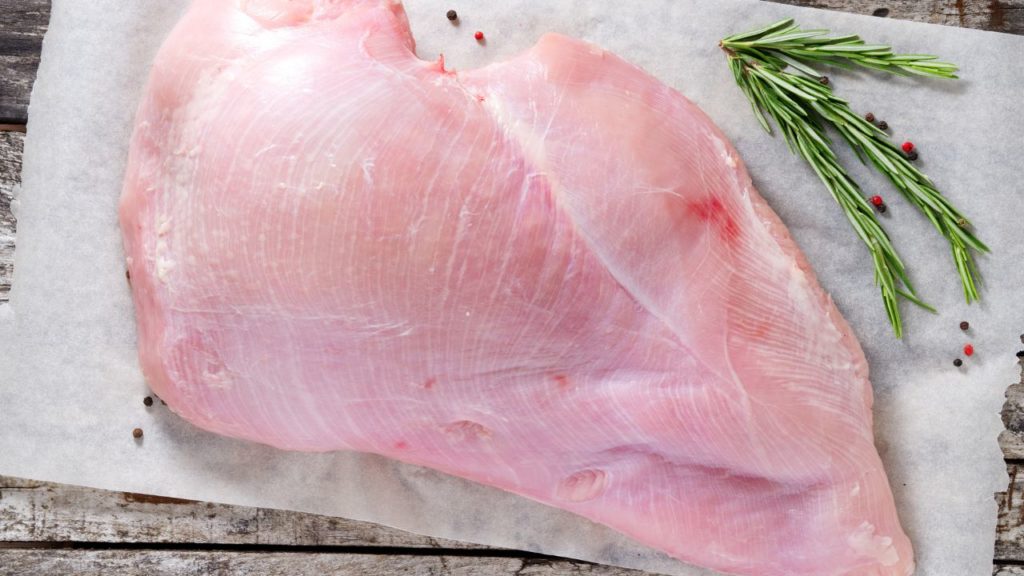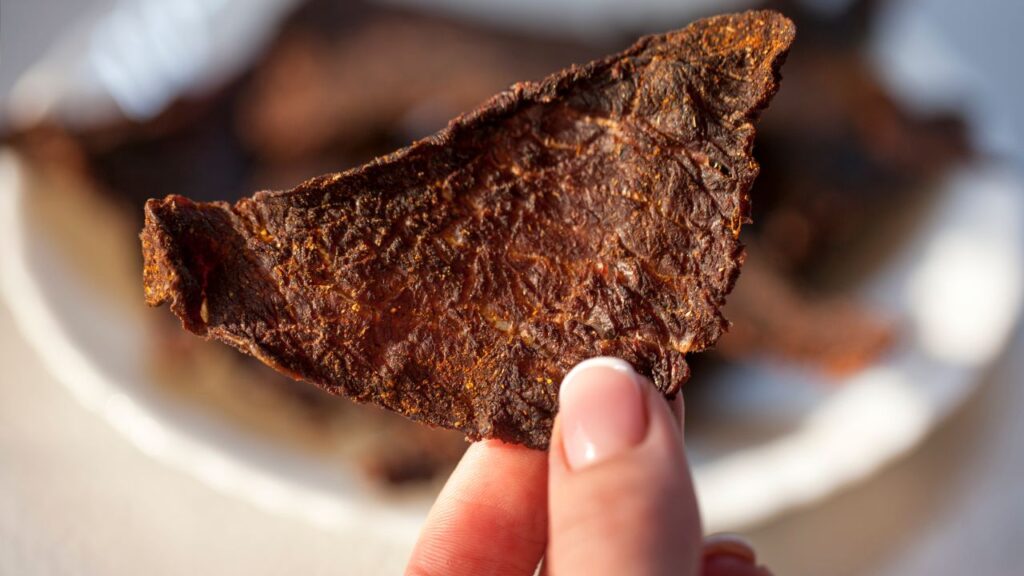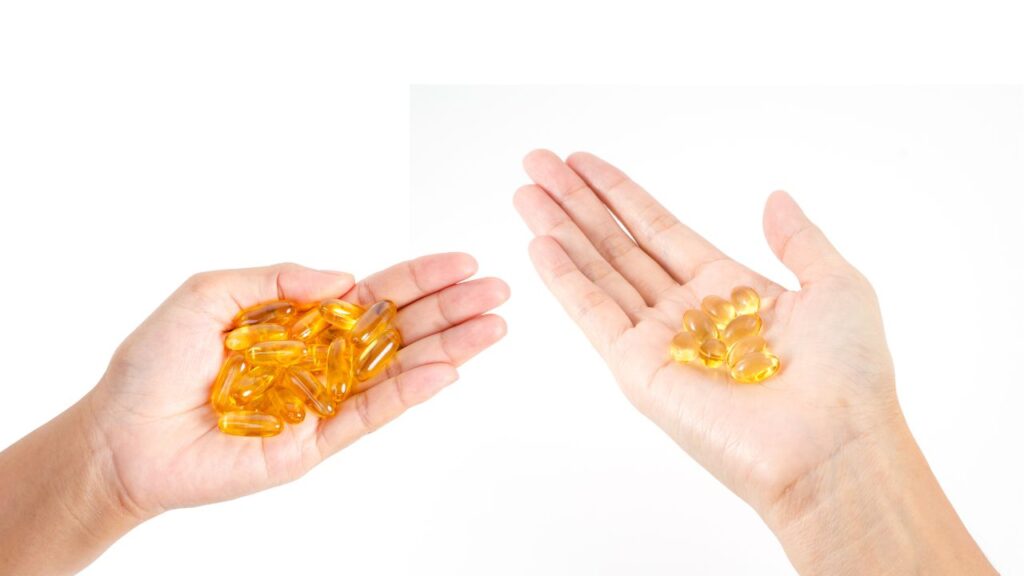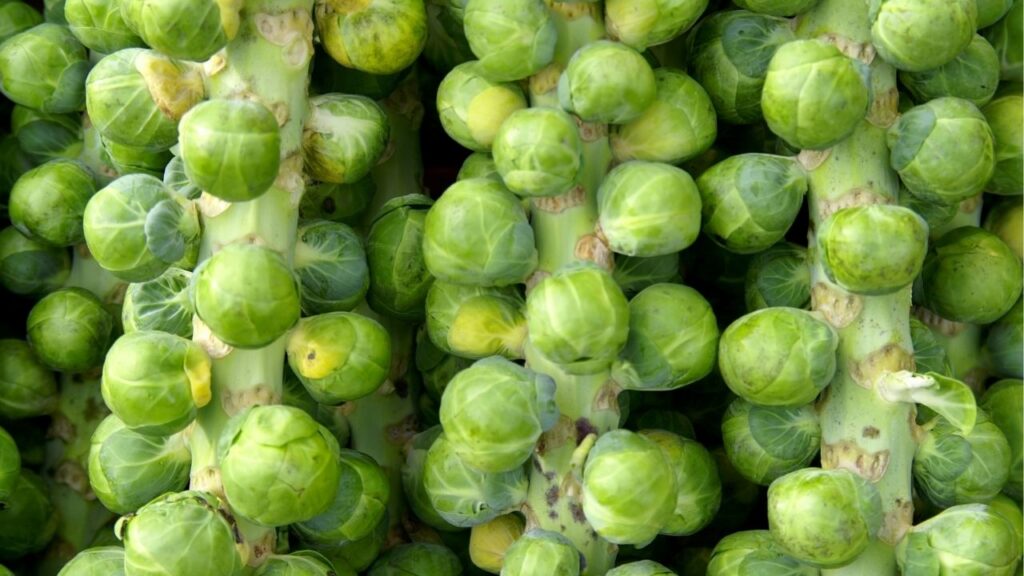You can feed your dog a diet that his kidneys love and his cancer hates!
Key Takeaways
- You can feed your dog with kidney cancer any complete and balanced diet, but it is critical to restrict phosphorous in the diet to protect kidney function. Protein restriction may also be necessary if kidney failure progresses to advanced stages.
- Dogs with kidney disease should avoid eating processed meats, organ meats, nuts, beans, lentils, most dairy products, bread, and sardines.
- Chicken is safe for dogs with kidney disease.
- White rice is also safe for dogs with kidney disease.
How Diet Impacts the Kidneys
Healthy kidneys need fluid – from both ample fresh drinking water and moisture in the diet – to keep them doing their many important jobs in your dog’s body. They (and all organs) also need a complete and balanced diet made with wholesome, nutritious foods to function optimally.
But if your dog experiences kidney disease, he might need some specific changes in his diet.
Protein – Not a Simple Answer
Therapeutic kidney diets – prescription diets not meant for long-term feeding to dogs without a specific medical need – are usually lower in protein content than typical dog diets. (The recommended range of protein on a dry matter basis for dogs with chronic kidney disease is 14-20%.)
This serves two purposes.
- First, it will reduce the amount of protein passing through the glomeruli (the microscopic filtering structures inside the kidneys) because excess protein can damage them further.
- Second, it will reduce nitrogen waste products from protein metabolism. These nitrogenous wastes cause some of the symptoms of kidney disease, like increased thirst and urination, ulcers, and anemia (decreased red blood cell count).
So, the lower protein aims to slow down the progression of kidney disease while relieving some discomfort at the same time.
Protein Restriction Is Controversial
However, protein restriction for animals with kidney disease is controversial because several risks come along with the benefits. In one study, a low-protein diet did reduce the amount of protein passing through the glomeruli and out into the urine, but it also caused weight loss and low albumin.1
Albumin is a protein found in blood plasma that is critical in regulating the fluid volume of blood as well as transporting other substances through the body. Dogs with kidney disease that are underweight have shorter survival times than normal or even overweight dogs.2
In another study, restricting dietary protein did lower BUN (a nitrogenous waste found in the blood which can is often elevated with kidney dysfunction), but it also reduced the glomerular filtration rate and renal plasma flow,3 which means the kidneys could not efficiently filter out wastes or regulate water and electrolyte balance as they should.
Feeding a high-protein diet to dogs with kidney disease for a period of four years did not cause further kidney damage.3 But another study showed that a therapeutic kidney diet caused a slower progression of kidney disease compared to a regular diet.4
This discrepancy may be because amino acid metabolism is dependent on the stage of kidney disease,5 so the benefit of protein restriction may appear in later stages of disease. It is also unclear if the beneficial effects of kidney diets are from restricted protein or from the other dietary modifications found in these diets, especially lower phosphorus levels.
Phosphorus – Restrict It!
The benefits of restricting dietary phosphorus for kidney disease are much more clear-cut than with protein restriction.
The kidneys are responsible for getting rid of excess phosphorus in the body, so in kidney disease, phosphorus levels will climb above normal. High phosphorous can cause lack of appetite, lethargy, nd depression.
As phosphorus increases, parathyroid hormone is released to signal the kidneys to excrete more phosphorus. But the kidneys still struggle to remove the excess phosphorus. Unfortunately, the higher level of parathyroid hormone also pulls phosphorus from the bones, which increases levels even more.
Furthermore, calcium levels are dependent on phosphorus levels – when one goes up, the other goes down. So, if dogs have high phosphorus levels, eventually their calcium levels could become low.
Dogs with kidney disease fed high-protein diets lived longer when phosphorus was restricted compared to those fed high-protein and unrestricted-phosphorus diets.6
Another study showed that a low phosphorus diet increased survival times in dogs with kidney disease, while both high- and low-protein diets had no effect.7
Potassium
The kidneys also regulate potassium levels, but here the pattern in kidney disease is unpredictable.
Usually, dogs with kidney disease develop low potassium levels, but occasionally they may have the opposite problem, an increase in potassium levels.8
- Low potassium can cause lethargy, decreased appetite, depression and muscle weakness.
- High potassium values can cause heart problems.
Monitoring blood potassium levels with periodic bloodwork will determine your dog’s potassium status, and whether his diet needs more or less potassium.
Sodium
Sometimes sodium is restricted in the diet because hypertension (high blood pressure) can occur with kidney disease. However, over-restriction of sodium may stimulate a pathway called the angiotensin-aldosterone system, and this could cause further damage the kidneys.8
Fat
Although fat sometimes has a bad reputation, it is a dietary essential. For dogs with kidney disease, it also helps to increase palatability (how tasty the food is) as well as bump up the calories – both important factors for dogs who might be losing weight as a result of decreased appetite or underlying disease.
Omega-3 Fatty Acids
When these specific fats (in the form of fish oil) were fed to dogs with kidney disease they had better kidney lab values and less progression of their disease than the dogs who were fed other fats.9
Antioxidants
The addition of extra antioxidants (like vitamins C and E) to the diet helps to minimize damage caused by oxidation in the kidneys.8
Soluble Fiber
Not just good for the gut, soluble fiber also encourages the good bacteria in your dog’s digestive system to “eat” nitrogen and urea.8 Having less of these nitrogenous wastes in circulation can help your dog feel better.
Moisture
When the kidneys don’t work as they should, they don’t retain as much water as they should (so your dog takes more potty breaks outside). This means dogs drink more water – and need to.
Never restrict your dog’s access to water when they have kidney disease, or you’ll run the risk of them dehydrating quickly. Increasing the moisture content in their food (think fresh food or canned diets, rather than kibble) helps meet their increased needs, too.
Foods to Avoid for Dogs with Kidney Disease
Because dogs with kidney disease are losing valuable water from their systems, they are more prone to dehydration. Dry diets “steal” more moisture once your dog swallows them as his body provides water to begin their digestion.
Dry dog food (kibble) can contribute to dehydration. The same goes for dehydrated or freeze-dried foods that are not rehydrated prior to feeding, so always follow the instructions for adding liquid to these diets before you feed them to your dog.
Since the evidence is clear that excess phosphorus is tough on damaged kidneys, avoid all high-phosphorus foods. Some of the common offenders include:
- Processed meats, including commercial jerky
- Sardines and organ meats – for dogs in good health these provide a great nutrition boost, but since their phosphorus is high, they’re a no-go in kidney disease
- Most dairy products
- Bread
- Beans, lentils
- Nuts
Diseases That Impact Kidney Function
There are many causes of kidney disease or dysfunction. Some of the most common are:
- Chronic inflammation that produces antibodies and other inflammatory components can damage blood vessels, including those in the kidneys. Some frequent causes of chronic inflammation are:
- Periodontal disease (dental disease)
- Lyme disease and other tick-borne diseases
- Autoimmune disease
- Hypertension (high blood pressure) caused by some other process can damage the kidneys. Kidney disease can also cause hypertension.
- Infections like leptospirosis or other bacterial (and rarely, fungal) infections can occur in the kidneys.
- Cancer may develop in kidneys, and chemotherapy drugs used for other cancers could impact kidney function.
- Obstructions in the urinary tract (such as stones) can cause temporary or permanent damage to the kidneys.
- Toxins, especially these, may target the kidneys:
- Antifreeze
- Grapes/raisins
- Some plants (lilies, for example)
- Some drugs at certain dosages (like ibuprofen)
- And others
- Amyloidosis, an abnormal accumulation of proteins, can destroy kidney tissue.
- Congenital anatomic abnormalities or progressive dysfunction of the kidneys can happen from a genetic predisposition, but not all have a genetic cause.
Balancing Kidney Disease and Dog Cancer with Diet
Reducing phosphorus is key for the dietary support of kidney disease, so choose lower phosphorus diets to meet your dog’s protein requirement.
Protein content may be increased, rather than decreased, since a high-protein and lower carbohydrate diet is often recommended for cancer management. You can achieve these diet goals to manage both conditions.
Many of the nutritional strategies recommended for kidney-friendly diets are great for dogs with cancer, too: the benefits of omega-3 fatty acids, antioxidants, fiber, and good hydration extend beyond the kidneys.
A nutritionist can formulate a diet to meet all your dog’s needs, especially if other nutrients need to be restricted (or supplemented).
The most important dietary considerations in both kidney disease and cancer are to keep your dog eating, meet his nutrient and calorie requirements, and maintain his weight. You may need to change his diet (maybe repeatedly) if nausea causes him to develop any food aversions. The “best” diet will be of no benefit if your dog won’t eat it.
Topics
Did You Find This Helpful? Share It with Your Pack!
Use the buttons to share what you learned on social media, download a PDF, print this out, or email it to your veterinarian.






